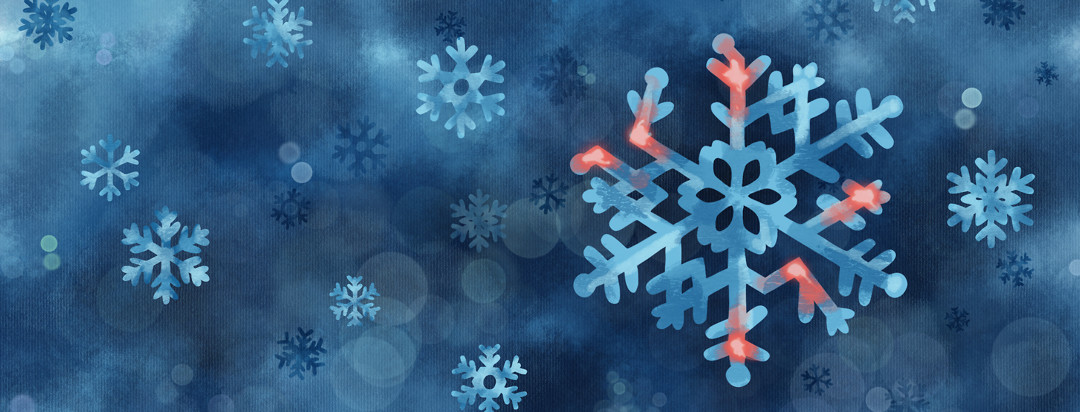Falling into Winter with RA
It’s “winter” here in Florida. Of course, I use quotation marks around that because it doesn’t really get that cold where I live compared to other parts of the country. In fact, when I mention this upcoming story, it was only around 42 degrees; remember though, we in Tallahassee are used to 80-degree weather consistently up through the first of November, so a cold snap of 42 threw us all for a loop.
We jokingly say that once “winter” comes, the mittens, scarves, Ugg boots (and more) make their appearance. Suffice it to say, winter is coming. And it’s messing with my RA.
An RA flare in connective tissue
I had a nasty flare recently that was particularly curious because it didn’t involve any of my joints; rather, my left Achilles-tendon was in severe pain. It just so happens that the night this happened, the temperature dropped from 75 during the day to 40 at night. I could barely lift my foot up, and I knew I hadn’t ruptured it because I could still barely move the tendon.
Tendon pain and added RA fatigue
I was bed-ridden; I couldn’t really do anything. In addition to the tendon pain, I felt awful and sick, my whole body feeling fatigued and heavy. My head also felt like it was full of wool. And I knew it couldn't have been a change in my medication because I had been taking them on schedule. Although I had just gotten back from a week of traveling, my only thought was that it could be the weather change causing this pain.
Worsened RA flares in the winter and summer?
After doing some research, it looks like weather-related changes are very common for RA (beyond the normal “the weather change is making my knee hurt”). But what’s interesting is that it’s usually the change to heat that triggers RA flares. I remember having severe RA flares in the transition from “winter” to spring earlier this year, those flares that leave you exhausted, drained, irritated, and on more than one occasion, stuck in bed for a few days. Given this, it was truly a shock to me when the same thing happened as we transitioned from summer to “winter.”
The Arthritis Foundation, however, corroborates claims that winter can increase the pain felt with RA (and any form of arthritis), referencing a 2007 Tufts University research study. Some other research, however, finds no significant causation between weather changes and RA flares. Whether or not the research supports winter-related impacts on RA, my own perception and experience corroborates the view that weather changes cause RA flares!
Tips for managing worsened RA flares during weather changes
My rheumatologist also gave me some tips on how to handle these random flares that accompany weather changes. And although these are rather common remedies, it was good to have a reminder.
A heating/cooling pad
He first suggested investing in a high-quality heating/cooling pad, preferably one that could be heated and frozen. I found one at my local Target for around $5, and it does wonders for my wrists and hands. It’s also small enough that I can travel with it, which is perfect for when I’m at conferences or other research events.
Stay mobile and maintain well-being
Next, he encouraged me to physically move my body as best I could. This didn’t have to include going for a 40-minute walk, even just walking around my apartment or doing yoga would suffice.
Finally, he recommended (as we’ve all been told) to get 8 hours of sleep and to rest plenty, drink lots of water, and maintain a good diet. Once again, pretty routine stuff, but things that are important and bear repeating.
It’ll be interesting to see how the rest of this “winter” pans out. Hopefully, it’ll be stress and flare-free!
Community Poll
What flare symptom do you wish you could avoid the most?

Join the conversation